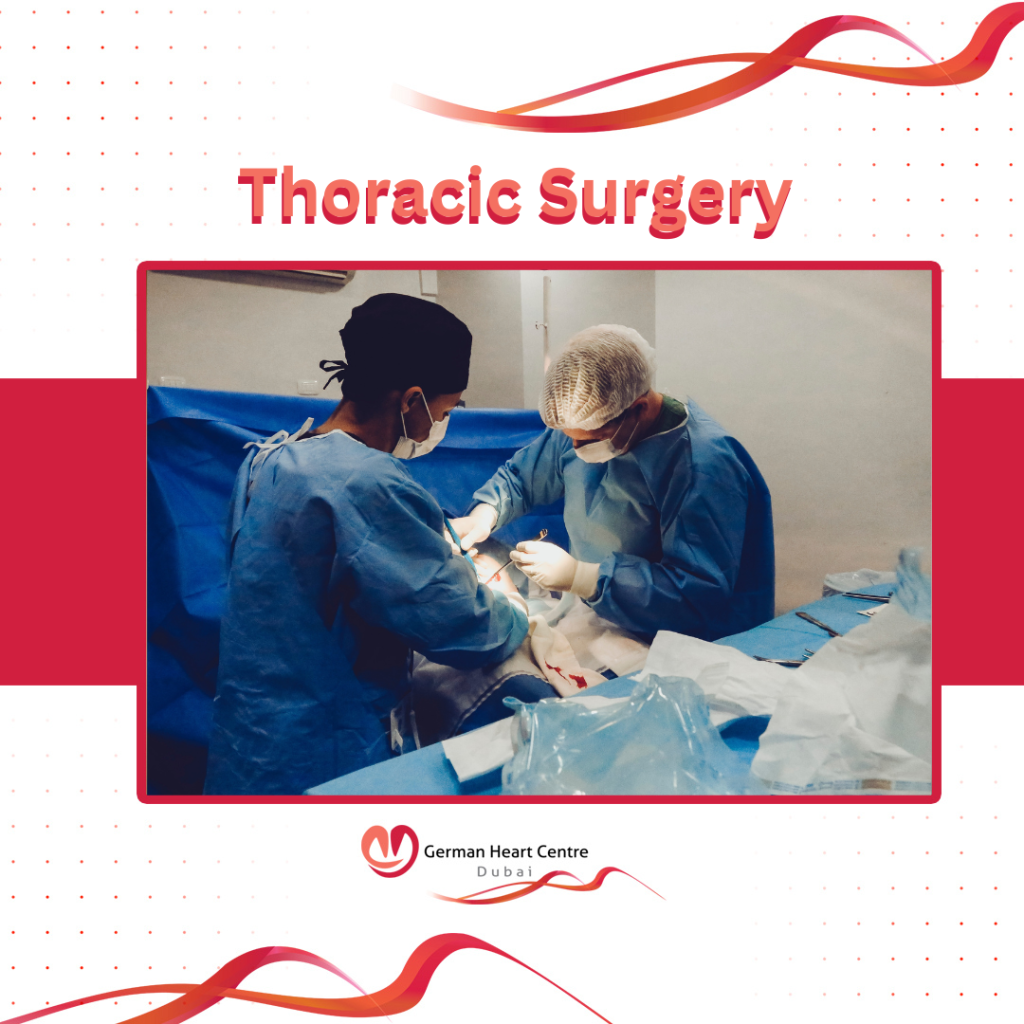Role of Thoracic Surgeons
Thoracic surgery is closely associated with fields of cardiology and pulmonology and includes several similar surgical practices and intervention on the structures, organs, and tissues of the chest. A cardiothoracic surgeon, for example, specializes in the removal of blockages in the heart and arteries. However, many thoracic surgeries require consultation from a cardiologist or pulmonologist before any medication or treatment can be prescribed.
Cardiologists examine and diagnose conditions and diseases of the heart and then prescribe the appropriate medication to the patient. A pulmonologist also functions in a similar manner, prescribing medication, treatment or sometimes performing minimally invasive procedures. However, if the patient’s condition is severe and the prescribed medication is ineffective, a thoracic surgeon will be recommended by the cardiologist or consultant pulmonologist.
Modern Day Thoracic Surgery
Location of the affected organ or tissue determines the technique and approach used in thoracic surgery. Modern technology has enabled surgeons to conduct much safer minimally invasive surgeries which minimize point of incision, gives higher accuracy, causes less pain, results in minimal scarring and involves shorter hospital time. However, some surgeries such coronary artery bypass grafting (CABG) are often done through open heart method in which the thoracic surgeon and the surgical team temporarily stops the heart, drains it of blood and performs the procedure on the affected area. With recent technological advances, robot-assisted surgery has been introduced in which specialized machines assist thoracic surgeons to achieve higher accuracy and surgical precision. This allows the surgeon to operate on the site without opening the ribcage or damaging surrounding tissues.

